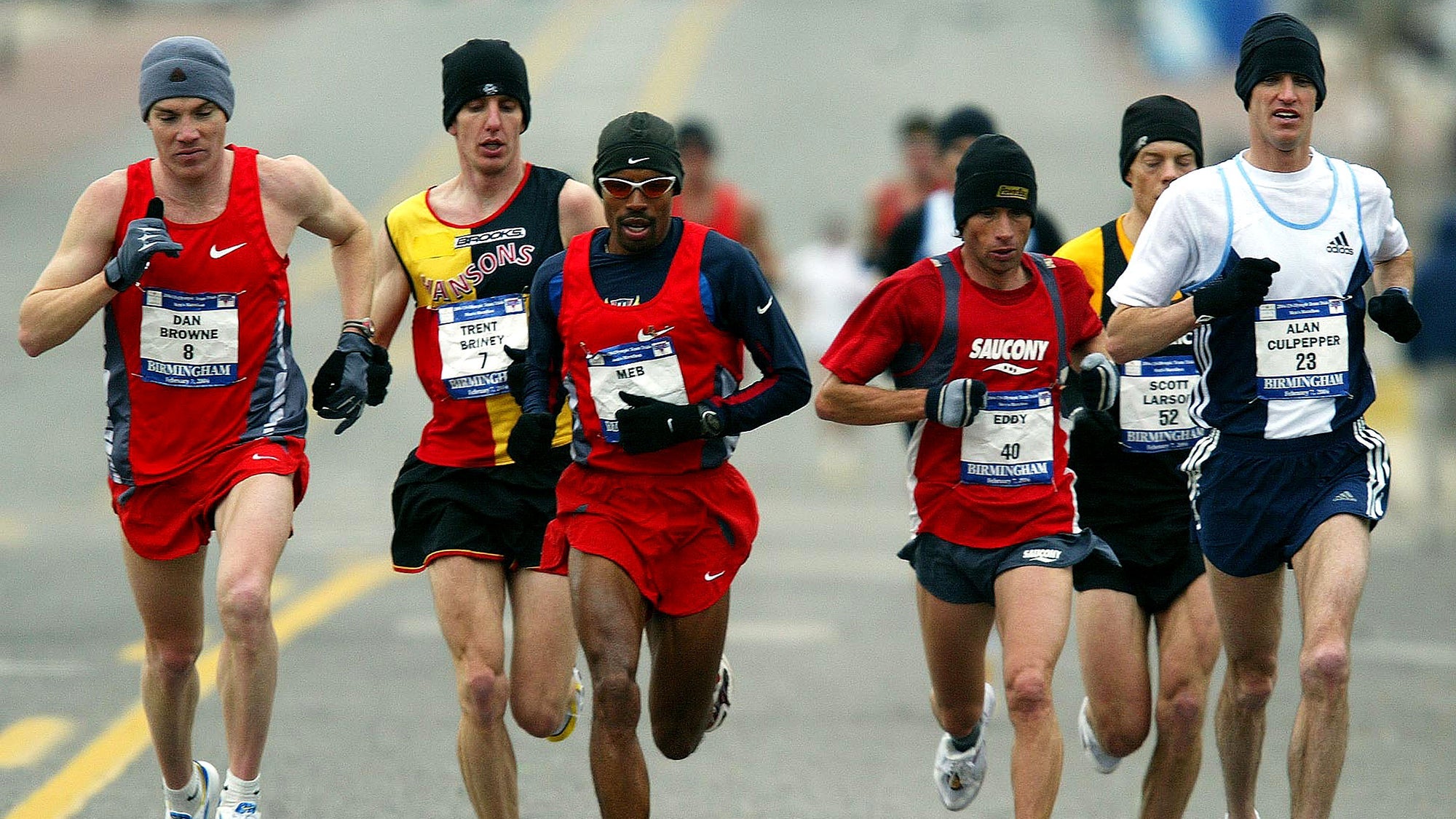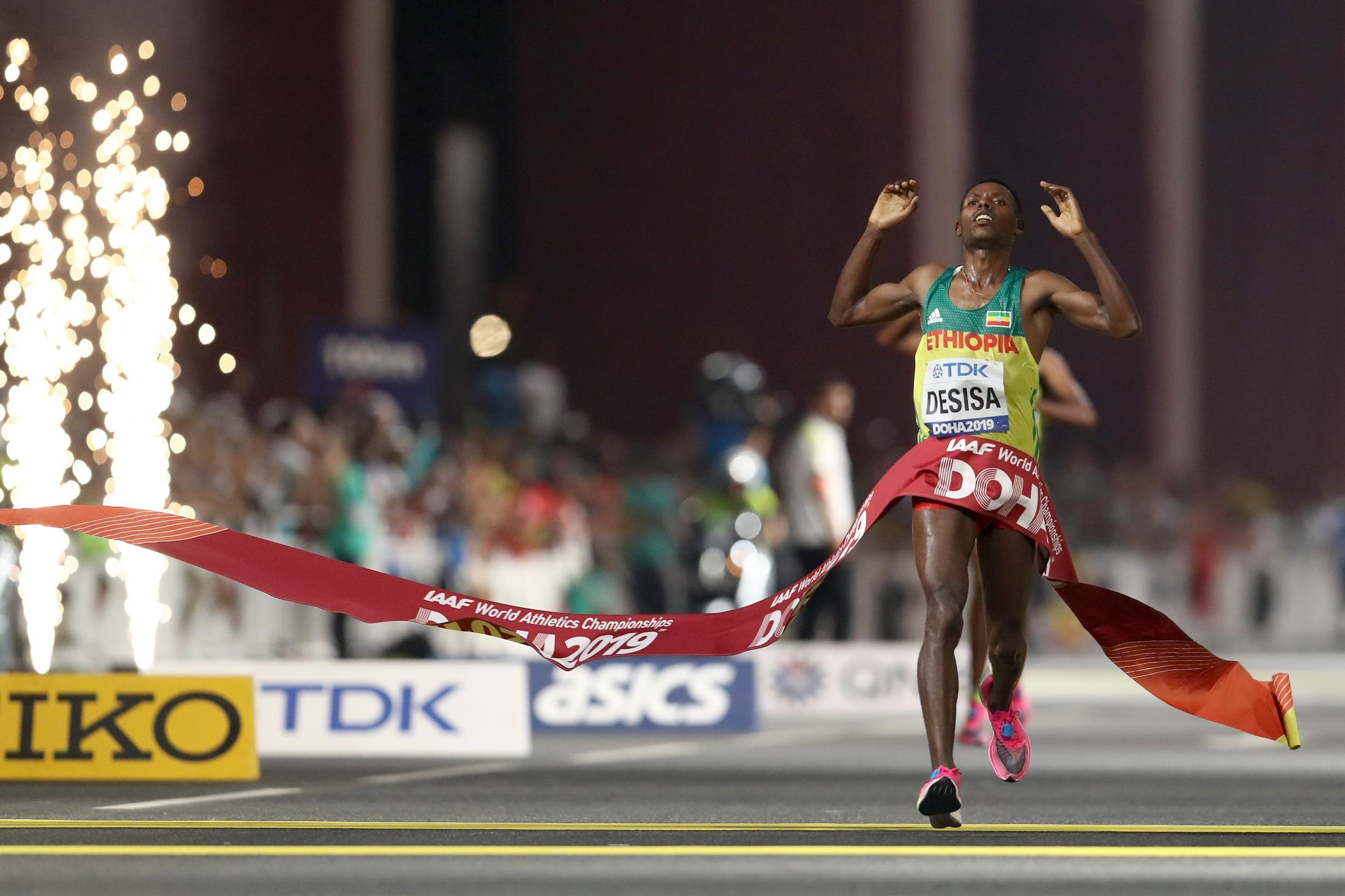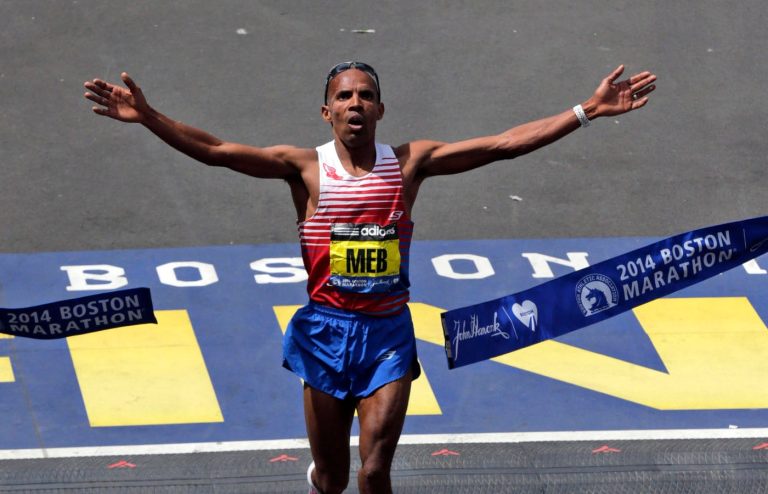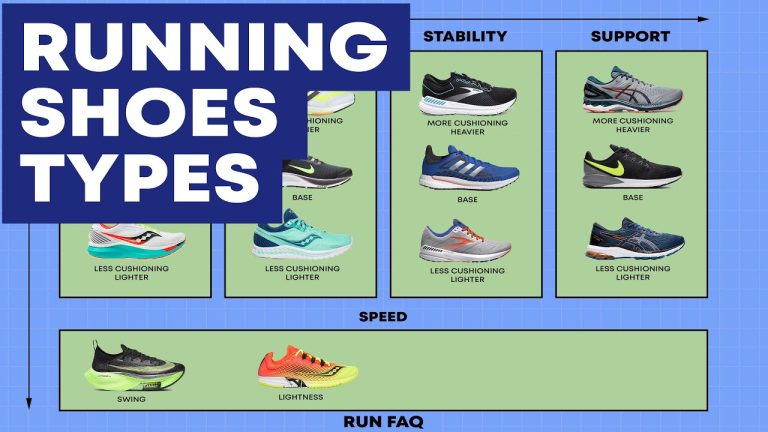Is Marathon a Race
Yes, a marathon is a race where participants run a distance of 26.2 miles. As one of the most challenging endurance events, marathons test both physical and mental strength.
Runners from all backgrounds, ages, and fitness levels take part in marathons worldwide. The sense of achievement and camaraderie among participants make marathons a unique and rewarding experience. Whether it’s a competitive race or a personal goal, crossing the marathon finish line is a significant accomplishment.
Training for a marathon requires commitment, dedication, and perseverance. We will explore the history of marathons, the physical and mental benefits of running a marathon, and provide training tips for aspiring marathon runners.
The History Of Marathon
The Origin Of Marathon
The origin of the marathon dates back to ancient Greece in 490 BC, when a Greek soldier named Pheidippides ran from the battlefield of Marathon to Athens to deliver the news of the Greek victory over the Persians. His legendary run covered approximately 26 miles, and upon delivering the message, he collapsed and died from exhaustion.
Early Marathon Races
Inspired by the heroic act of Pheidippides, the first organized marathon race was held during the inaugural modern Olympic Games in 1896 in Athens, where the course closely mirrored the distance of Pheidippides’ historic run. This event paved the way for the inclusion of the marathon as an iconic race in the Olympics and the establishment of numerous marathon events worldwide, attracting both professional athletes and amateur runners to test their endurance and resilience.

Credit: www.outsideonline.com
Characteristics Of A Marathon
Marathon is more than a race; it is a test of endurance and determination. The marathon demands physical and mental strength, with runners pushing themselves to their limits and beyond. It is a true display of resilience and an ultimate challenge for athletes.
The Distance
A marathon is a race with a distance of 26.2 miles, also known as 42.195 kilometers.
Course Terrain
Marathons are typically run on roads, though some may include trails and varied terrains.
Race Rules
- Participants must finish the race within a specified time limit.
- Runners must follow a designated course without cutting corners or taking shortcuts.
- Individuals must not accept any outside assistance during the race.
Marathon Training
Endurance is crucial for marathon training. Training should focus on gradual mileage increase.
Speed training is essential for improving marathon performance. Incorporate interval runs to help build speed.
Proper nutrition and hydration are vital for marathon training. Consume balanced meals rich in carbs and proteins.
Marathon As A Sport
Marathon running is not just a physical challenge; it’s also a competitive sport that draws elite athletes and enthusiastic spectators from around the world. Let’s dive into the different aspects of marathon as a sport, including competitive marathons, elite marathon runners, and the dedicated marathon spectators.
Competitive Marathons
Competitive marathons provide a platform for runners to showcase their endurance, speed, and determination. These events are not only about individual achievement but also serve as a means for athletes to compete at the highest level. From local races to prestigious international events, competitive marathons offer a range of opportunities for runners of all abilities to test their skills in a spirited setting.
Elite Marathon Runners
Elite marathon runners are the pinnacle of the sport, possessing exceptional talent and athleticism. They undergo rigorous training regimens, carefully monitor their nutrition, and strive for peak physical condition in pursuit of achieving their personal bests and breaking records. These extraordinary athletes inspire others with their dedication to the sport and their incredible feats of endurance and speed.
Marathon Spectators
Marathon spectators play a crucial role in enhancing the atmosphere of the events. Their enthusiasm and encouragement spur the runners on, providing a powerful source of motivation. Whether cheering from the sidelines or lining the streets, these spectators contribute to the vibrant energy of the marathon, creating an unforgettable experience for both participants and onlookers alike.
The Physical And Mental Demands Of A Marathon
Completing a marathon is no small feat. This endurance race demands not only physical stamina but also mental strength. Runners must push their bodies to the limit while maintaining focus and determination. In this section, we will explore the physical challenges and mental preparation required to conquer the marathon.
Physical Challenges
Running a marathon places significant physical demands on the body. Here are some of the main challenges that runners face:
- Muscle Fatigue: The long-distance nature of a marathon puts immense strain on the leg muscles, leading to fatigue and potential cramping.
- Dehydration: With the sweat and fluid loss during the race, staying hydrated becomes crucial. Dehydration can result in dizziness, muscle cramps, and even heatstroke.
- Joint Impact: The repetitive impact of running on hard surfaces can cause joint pain and stress injuries, such as shin splints or knee problems.
- Energy Depletion: The body needs a constant supply of energy to complete a marathon. This can lead to depletion of glycogen stores, resulting in exhaustion and hitting the infamous “wall.”
Mental Preparation
While physical training is essential, the mental aspect of marathon running is equally important. Here’s what runners need to focus on mentally:
- Motivation: Marathon runners must find ways to stay motivated throughout the race. Visualizing the finish line, drawing inspiration from fellow runners, or listening to music can help maintain motivation.
- Positive Mindset: Mental resilience is key to overcoming challenges during a marathon. Cultivating a positive mindset and reframing negative thoughts will help runners push through tough moments.
- Focused Concentration: Maintaining focus and concentration is vital during a marathon. Runners need to stay aware of their pace, hydration needs, and body signals to avoid burning out early or encountering health issues.
- Emotional Control: The emotional roller coaster of a marathon requires runners to manage their emotions effectively. Calming techniques, such as deep breathing or mindfulness, can help control stress and anxiety.

Credit: worldathletics.org

Credit: www.ucsfhealth.org
Frequently Asked Questions Of Is Marathon A Race
Faq 1: How Long Is A Marathon Race?
A marathon race is a challenging long-distance running event that covers a remarkable 26. 2 miles.
Faq 2: What Is The Origin Of The Marathon Race?
The marathon race has its roots in ancient Greece, inspired by the legendary run of a Greek soldier called Pheidippides.
Faq 3: How Long Does It Take To Complete A Marathon Race?
The time it takes to finish a marathon race varies, but on average, it typically ranges between 3 to 6 hours for most runners.
Conclusion
Marathons remain an enduring test of physical and mental endurance. The race challenges participants to push their limits and achieve personal triumph. As a deeply rooted tradition, marathons continue to inspire individuals worldwide to strive for fitness, determination, and self-discovery.
Embrace the marathon as a race that embodies the spirit of human resilience and achievement.






